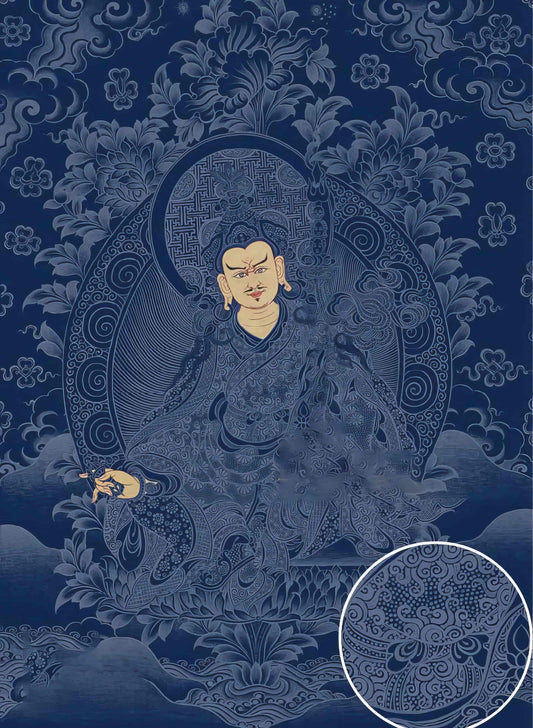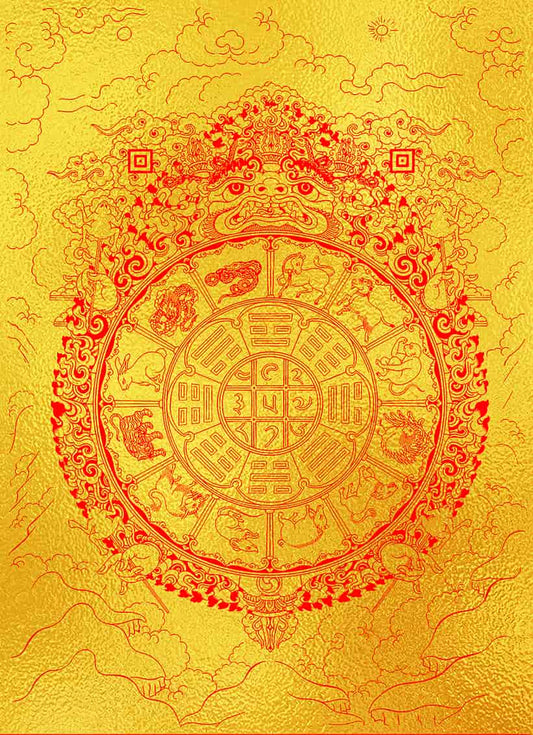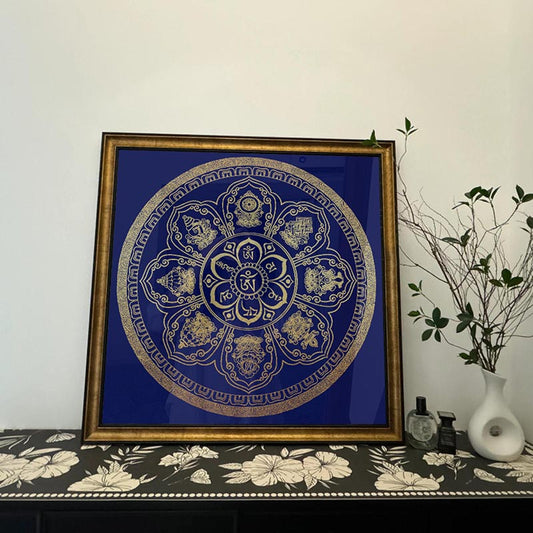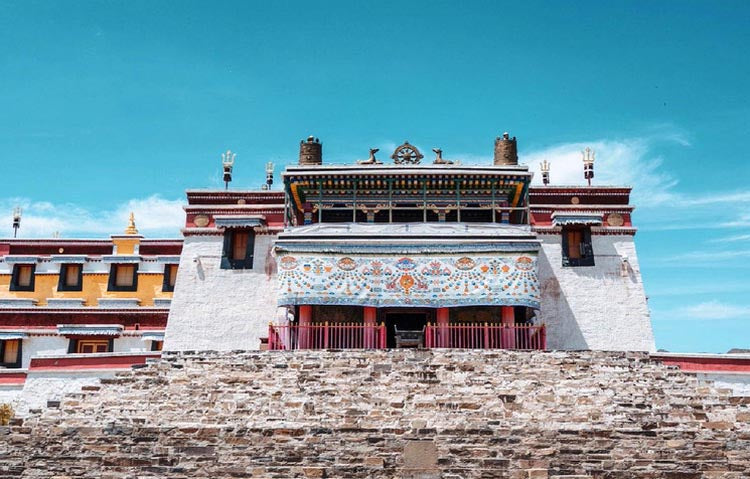Tibetan vs Zen Buddhism A Dialogue Across Traditions
Tibetan vs Zen Buddhism A Dialogue Across Traditions
In the quiet corners of Reddit, amidst threads discussing everything from meditation techniques to spiritual experiences, you might come across lively discussions on Tibetan and Zen Buddhism. To the uninitiated, these threads might seem like debates over the merits of apple and orange — both fruits, yet fundamentally different in taste and texture. But is it just a matter of personal preference, or do these traditions offer distinct paths that resonate differently depending on the seeker’s quest?
Tibetan Buddhism, with its vibrant thangkas and deeply layered rituals, is often likened to an intricate tapestry woven with threads of devotion, symbolism, and esoteric practices. Each thangka tells a story, not just of deities and bodhisattvas, but of the spiritual journey itself. The colors, often derived from natural minerals and plants, are as meaningful as the images they bring to life. Training in the creation of these pieces demands years of disciplined practice and an understanding of the teachings they embody. It’s a continual meditation, a pilgrimage of the hand guided by the heart.
On the other hand, Zen Buddhism beckons with its minimalist expression — an art form in simplicity. While Tibetan Buddhism might ask you to gaze deeply into the eyes of wrathful deities depicted within thangkas to confront and transform innate fears, Zen offers the silent koan, challenging you to transcend thought and experience the vastness of nothingness. In Zen, the brush may sweep across a canvas in a swift, singular stroke, capturing the very essence of a moment. Both traditions, in their way, guide one towards enlightenment but through decidedly different means.
Historically, these schools arose from distinct cultural landscapes — Tibetan Buddhism from the roof of the world, the towering Himalayas, and Zen from the meditative landscapes of Japan. The transmission of Tibetan Buddhism has long been safeguarded by the vast isolation of Tibet’s geography and the meticulous oral and artistic traditions. Thangkas have served as teaching tools, preserving complex doctrines and lineage teachings. In contrast, Zen’s migration from China to Japan saw the adaptation of its practices into a culture committed to precision and austerity, influencing everything from tea ceremonies to garden designs.
What can Redditors glean from these discussions? Perhaps it is not about choosing one over the other but recognizing the unique gifts each tradition offers. Tibetan Buddhism invites a dance with the mind’s complexity and the universe’s vibrant tapestry, while Zen beckons the seeker to find peace in the silent void. Engaging with these differences enriches our understanding and appreciation of both paths.
In the end, whether your heart sways towards the intricate symbolism of a Tibetan thangka or the serene balance of a Zen rock garden, each step on this journey is valuable. Perhaps all it takes is a pause, a moment to listen and learn from these digital dialogues, to appreciate the diverse beauty that Buddhism, in its myriad forms, brings to our world.





